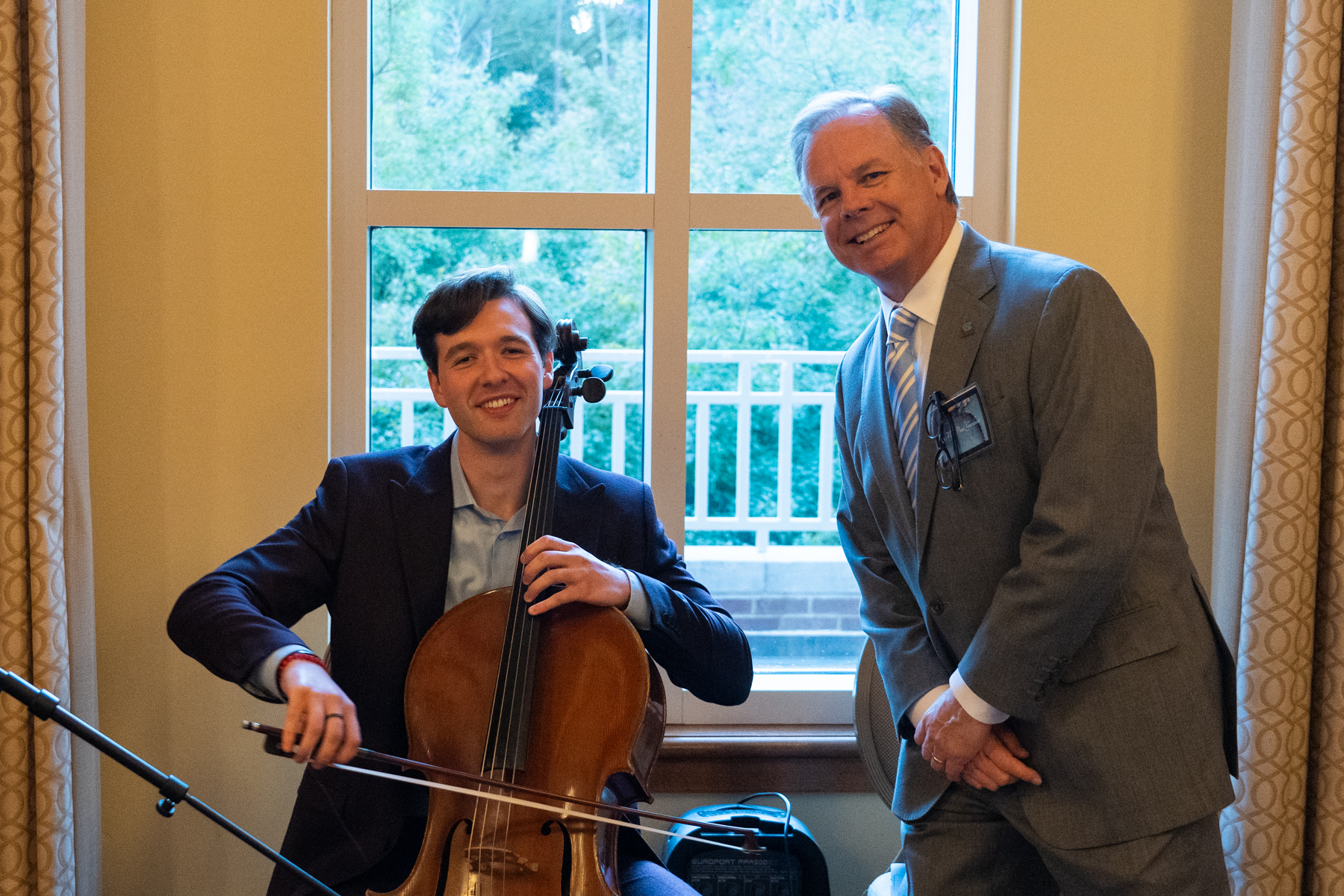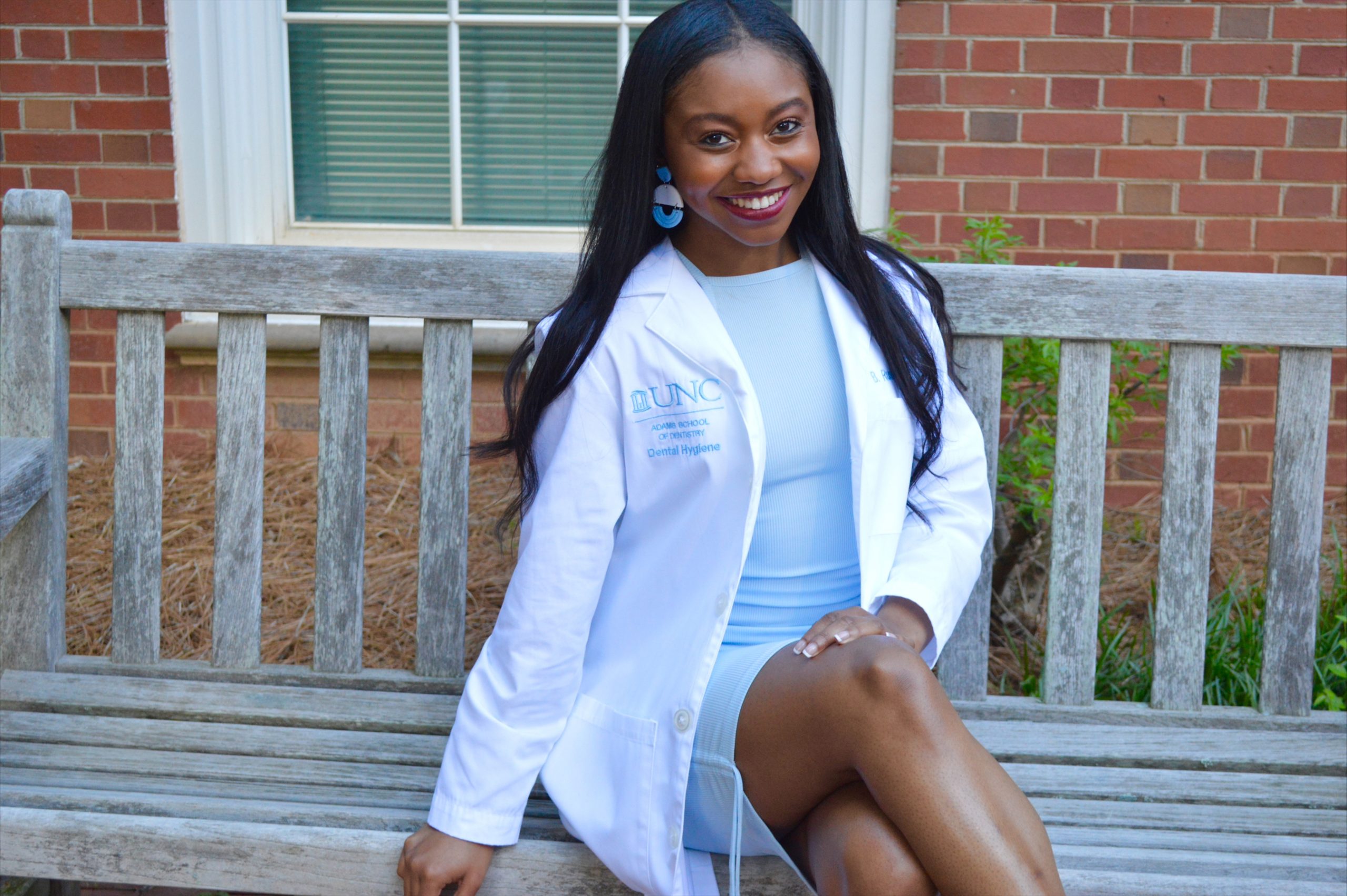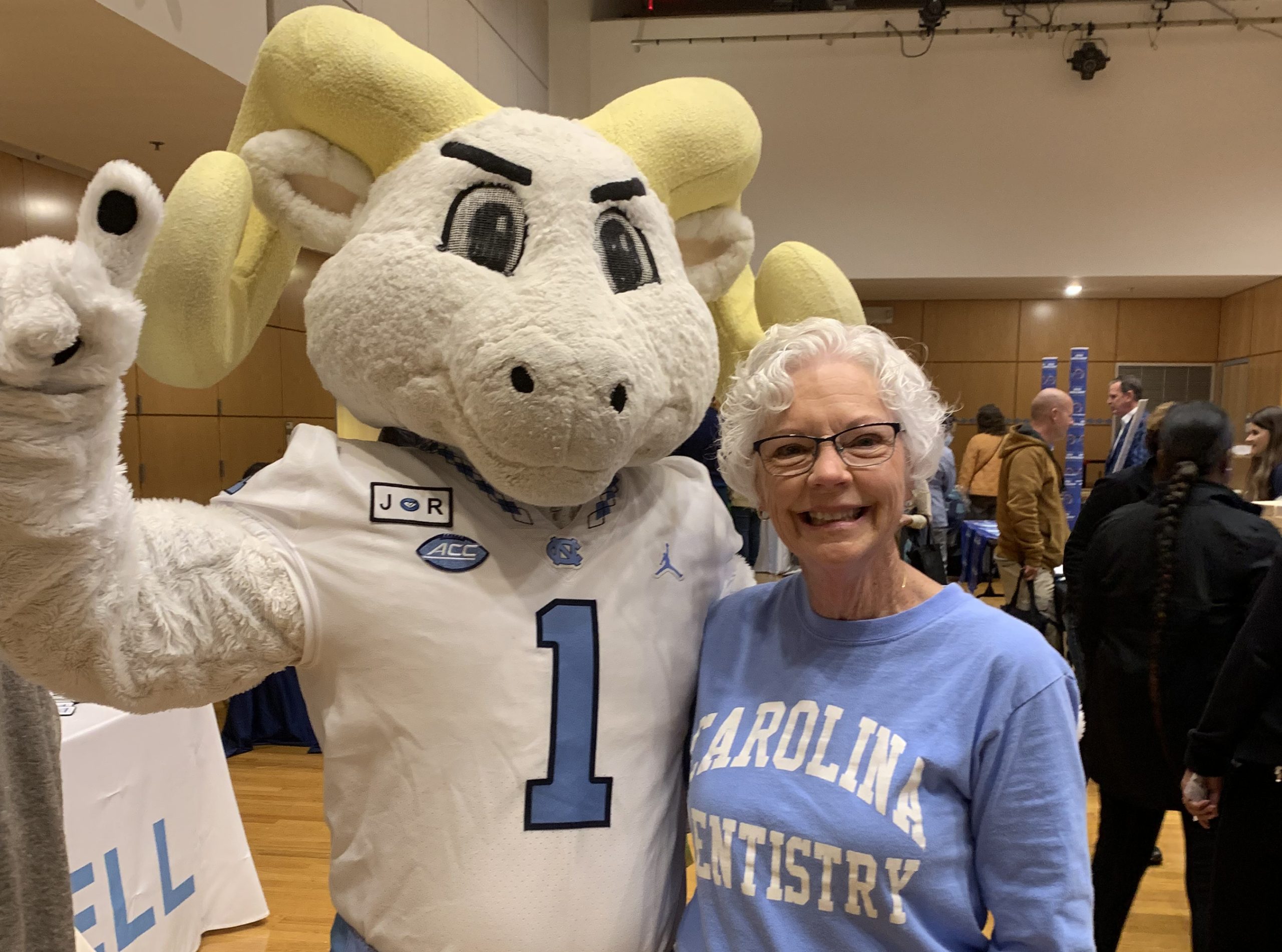Event to Explore Prosthodontic, Technology Connections
The UNC-Chapel Hill School of Dentistry and the American College of Prosthodontists Education Foundation (ACPEF) will this week host a national symposium focused on emerging digital technologies in prosthodontics.
Dr. Lyndon Cooper, Stallings distinguished professor of dentistry and director of the School’s Graduate Prosthodontics Program, organized the event. Ping Fu, chief executive officer of software and services company Geomagic Inc., which is headquartered in Research Triangle Park, and Dr. David Gratton, assistant professor of prosthodontics at the University of Iowa College of Dentistry, are the event’s co-chairs.
“The Digital Prosthodontics Technology Conference,” to be held Jan. 14 and 15, will bring together about 30 prosthodontists and 20 industry leaders nationwide to discuss topics as diverse as technology transfer within dental school and private practice settings; leading research needs; the role of digital diagnostics in prosthodontics; and the most appropriate means of storage, management and sharing of digital data.
“Integrating digital informatics, imaging technology, rapid prototyping and novel dental materials will provide a new level of clinical excellence accessible to a wide array of dentists worldwide,” said Cooper, also vice president of the American College of Prosthodontists. “Prosthodontists are innovation leaders and have formed new partners in the rapidly changing technology industry.
“Together we will bring clinical improvements to the dental community by careful testing and evaluation, documentation and, especially, education.”
He added that Fu’s collaborative effort in spearheading this conference is a perfect example of the importance of teamwork among the ACPEF, educational institutions and industry.
Cooper, Fu and Scott Root, president and chief executive officer of Astra Tech Inc. and ACPEF board member, will provide introductory remarks at this year’s event. Gratton will give the charge to the conference participants.
Fu will offer remarks on “The Digital Revolution.” She will illustrate the recent technology advances from automotive and aerospace industries that have made their way into the medical appliances market.
“Three-D scanners and CBCT [cone beam computed tomography] have advanced to where it is cost-effective to design and manufacture individualized dental devices,” said Fu. “Software is now simple enough to be used by non-technical operators, and automated fabrication systems with new medical-grade materials are production-friendly and efficient.”
After Fu’s remarks, School of Dentistry Dean John N. Williams will then offer remarks to the group. Sessions will follow on diagnostic imaging, intra-oral data capture, custom implant abutments/prostheses, prosthesis fabrication and software’s role in treatment planning. The final session will allow participants to discuss what they’ve learned and apply that to the future of prosthodontics.
This conference comes a year after the School of Dentistry and ACPEF sponsored “The Scope of Prosthodontic Research,” featuring 15 presentations by deans, department chairs and academic, military and corporate investigators from throughout the United States and Canada.
“Building on the substantial discussions we had at last year’s event focused on research,” said Cooper, “I think we have a real opportunity here to increase awareness of the rapid evolution of digital technology in dentistry, to paint a complete picture of the digital landscape for prosthodontics and to focus the growing resources of the ACPEF on the issues of technology in prosthodontics.”
The mission of the ACPEF is to secure and steward resources with the aim of advancing prosthodontics. The ACPEF provides funding to support education, research and growth of the specialty and discipline of prosthodontics.


